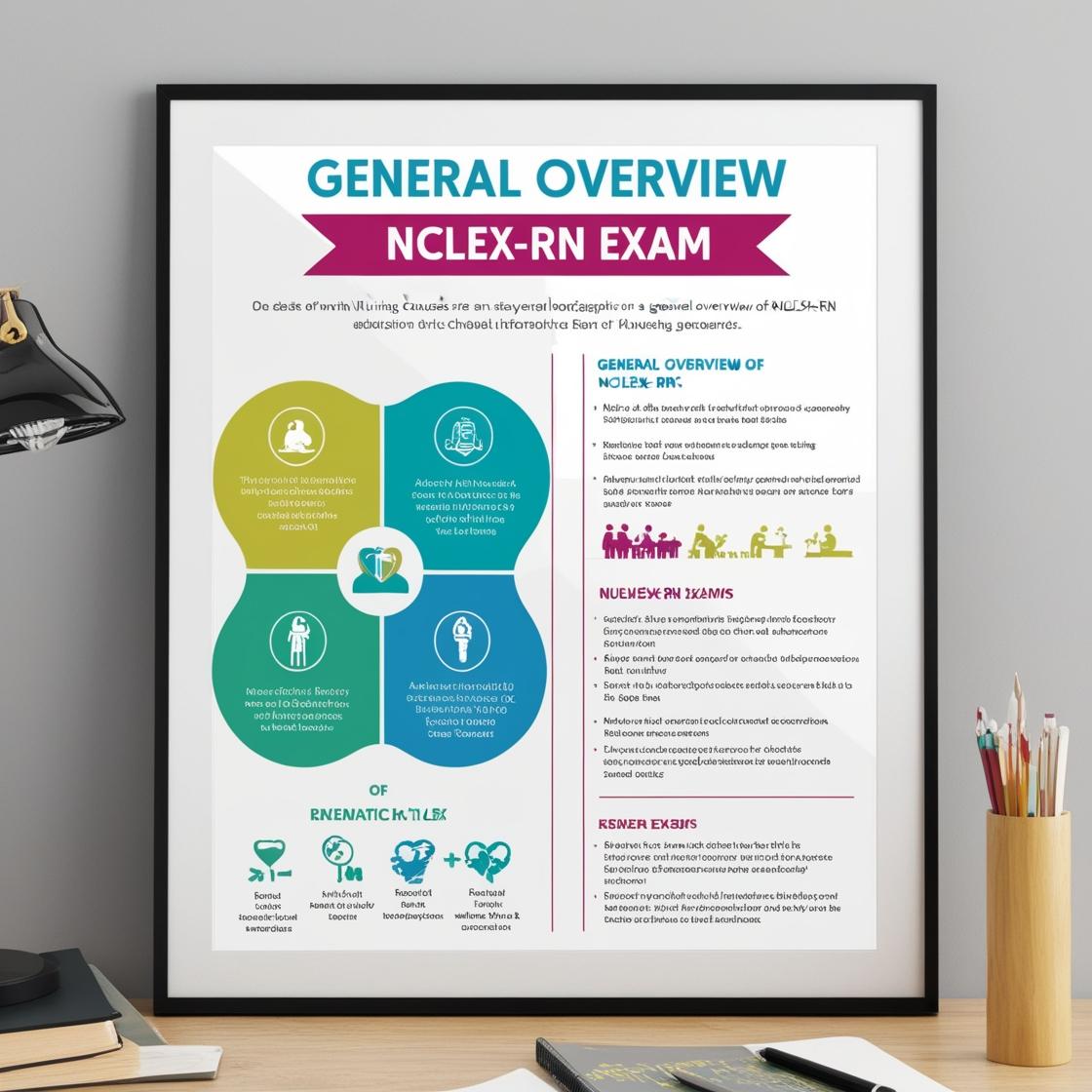NCLEX NCLEX-RN
Psychosocial Integrity NCLEX PN Questions
1. A newly diagnosed client with human immunodeficiency virus (HIV) comments to the nurse, 'There are so many rotten people around. Why couldn't one of them get HIV instead of me?' Which statement is the nurse's best response?
- A. 'I can understand why you are afraid of dying.'
- B. 'It seems unfair that you contracted this disorder.'
- C. 'Do you really wish this disorder on someone else?'
- D. 'Have you thought of speaking with your religious adviser?'
Correct answer: B
Rationale: The client is expressing feelings of unfairness and questioning why they have HIV. The nurse's best response is to acknowledge the client's emotions. Choice B, 'It seems unfair that you contracted this disorder,' reflects empathy and validates the client's feelings, which can help them move towards acceptance. Choice A, 'I can understand why you are afraid of dying,' introduces the topic of death, which may not be the primary concern at this stage. Choice C, 'Do you really wish this disorder on someone else?' is judgmental and could induce guilt in the client. Choice D, 'Have you thought of speaking with your religious adviser?' deflects the conversation and does not address the client's current emotional needs.
2. For which condition would electroconvulsive therapy (ECT) be used?
- A. Severe clinical depression
- B. Substance abuse disorders
- C. Antisocial personality disorder
- D. Psychosis occurring in schizophrenia
Correct answer: A
Rationale: Electroconvulsive therapy (ECT) is indicated for severe clinical depression, especially in cases where clients do not respond well to psychotropic medications or require immediate intervention due to the severity of their depression. ECT is not typically used as a primary treatment for substance abuse disorders, antisocial personality disorder, or psychosis occurring in schizophrenia. While ECT is an effective intervention for severe depression, it is important to consider individual client needs and response to other treatment options before resorting to ECT.
3. The client believes that the illness is a punishment for sins. Which cultural health belief is the client communicating?
- A. Yin/Yang balance
- B. Biomedical belief
- C. Determinism belief
- D. Magicoreligious belief
Correct answer: D
Rationale: The client is communicating a magicoreligious belief by attributing the illness to punishment for sins. In this belief system, illness is seen as caused by supernatural forces or hexes, often related to spiritual or religious beliefs. The yin/yang balance belief system does not view illness as punishment but rather as an imbalance of opposing forces. Biomedical belief focuses on physical and biochemical processes as the cause of health and illness. Determinism belief revolves around outcomes being preordained and unchangeable, not related to punishment for sins.
4. Which intervention should the nurse use for a client who hallucinates, yells, and curses throughout the day?
- A. Ignore the client's behavior if the client is not harming anyone.
- B. Isolate the client until the behavior decreases or stops.
- C. Explain how the behavior affects other people on the unit.
- D. Seek to understand what the behavior means to the client.
Correct answer: D
Rationale: When a client experiences hallucinations, yells, and curses, it is essential to seek to understand the underlying meaning of their behavior. All behavior has significance, and understanding the client's perspective can guide appropriate interventions. Ignoring the behavior may exacerbate the situation and isolating the client could lead to increased anxiety and further acting out. Explaining the impact on others is not helpful in this scenario as the client is not intentionally hallucinating; yelling and cursing are responses to the hallucinations.
5. Which signs and symptoms would the nurse observe in a client with schizophrenia?
- A. Traumatic flashbacks and hypervigilance
- B. Depression and psychomotor retardation
- C. Loosened associations and hallucinations
- D. Ritualistic behavior and obsessive thinking
Correct answer: C
Rationale: In clients with schizophrenia, the nurse would observe loosened associations and hallucinations. Loosened associations refer to disorganized thinking where thoughts are not logically connected. Hallucinations involve perceiving things that are not based in reality. Traumatic flashbacks and hypervigilance are more indicative of post-traumatic stress disorder. Depression and psychomotor retardation are common in depression, not schizophrenia. Ritualistic behavior and obsessive thinking are typically seen in obsessive-compulsive disorders, not schizophrenia.

Access More Features
NCLEX RN Basic
$69.99/ 30 days
- 5,000 Questions with answers
- Comprehensive NCLEX coverage
- 30 days access
NCLEX RN Premium
$149.99/ 90 days
- 5,000 Questions with answers
- Comprehensive NCLEX coverage
- 90 days access
